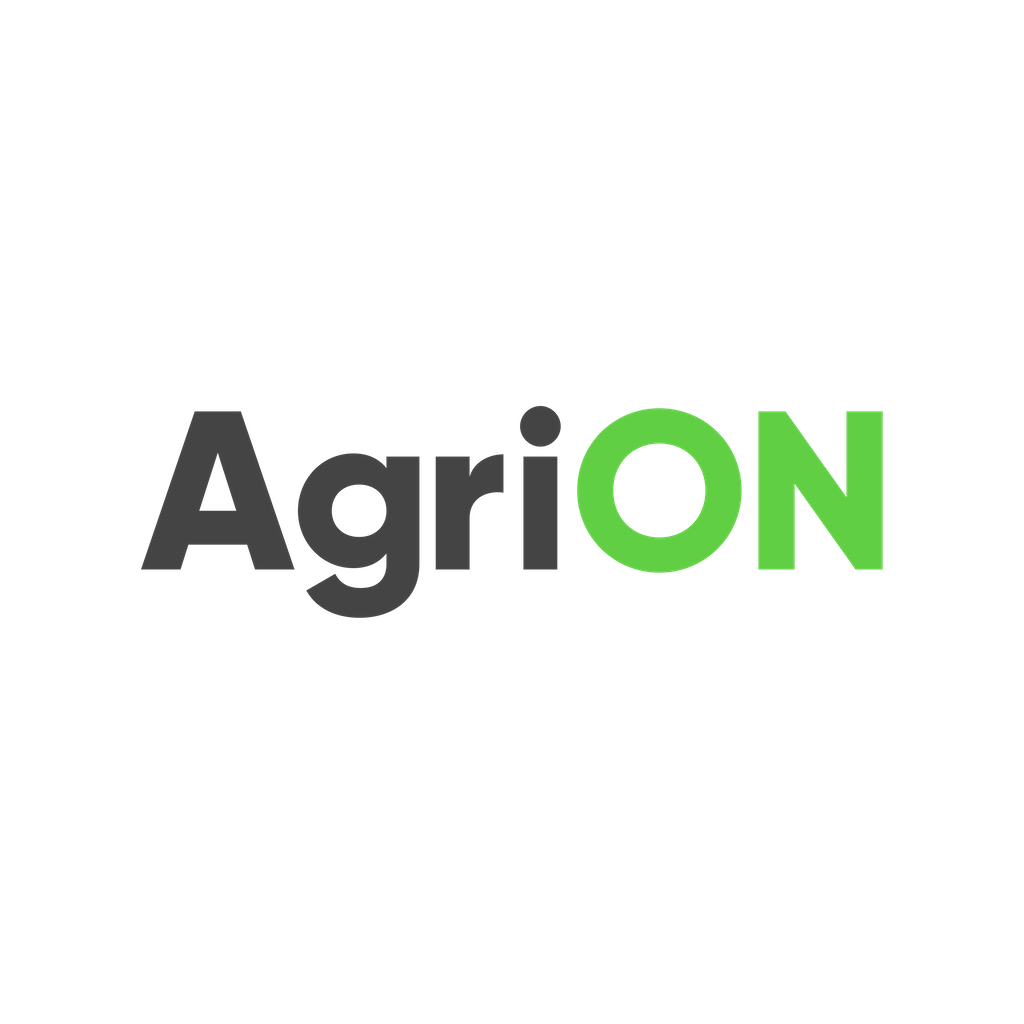Verifiable Disclosure with Credentialing
Together with MAS Project Greenprint, the objective of GreenON is to promote transparent sustainability reporting by providing timely and verifiable information to financiers so that they can make more informed decisions. By using Internet of Things (IoT) to collect real-time data on the ground and working with NGOs to audit green projects’ credentials, we can ensure that insights generated is relevant and accurate.
In the process of getting green loans, corporates will become more empowered with their green projects and transition faster to more sustainable practices with evidence on their green efforts. This will reduce the rate of deforestation in the long run, combatting global warming.
What problem are we trying to solve?
Deforestation is a serious issue in the agriculture sector that needs to be addressed urgently as it can worsen global warming. The increase in global demand for agricultural products over the years might cause more farming activities taking place in encroachment areas and peat lands, which act as a carbon sink in the ecosystem. With deforestation taking place at a rapid speed, our carbon sink is being destroyed at a faster rate than replanting of trees. Hence, global efforts are required to tackle the issue of deforestation and start taking measures to combat global warming.
With greater emphasis on sustainability and greening of operations, it is essential for a framework to be put in place to guide financiers and corporates in green financing. Currently, when these corporates need additional capital for green projects, financiers find it difficult to verify sustainability disclosures given by corporates, and are also unable to demonstrate impact of loans deployed.

Corporates:
Corporates suffer from poor and unverified data collected from the field as it is difficult and costly to collect data from mills all the way down to the smallholders due to the complexity of the supply chain. This leads to a mismatch between what is disclosed publicly and what is really happening on the ground. As a result, corporates are unable to verify their sustainability progress and garner support from stakeholders to scale their projects.

Financiers:
Financiers currently do not have a way to baseline sustainability before issuing green loans and are unable to track sustainability progress after deployment of loans. This is a result of a lack of data and verifiability, which is an overlapping problem faced by corporates as well. It is important for financiers to have reliable, audited datapoints that allow them to analyse and monitor progress so they can effectively calibrate the financing of green projects.

Smallholders:
Smallholders often do not have the knowledge and capital to carry out sustainable farming practices, which would ultimately enable them to grow their agriculture business.
As more consumers are becoming more environmentally-conscious in their day-to-day choices, it is important to provide knowledge about sustainable farming and finance to smallholders. In the long run, farming sustainably will help farmers increase their yield and ultimately improve their livelihoods.
Our Consortium
Our Partners
In the News
GreenON is Asia's first digital service listing green credentials of agri-producer under development
Platform to enhance transparency of sustainability reporting and support Singapore’s development as regional sustainability hub
Read more



